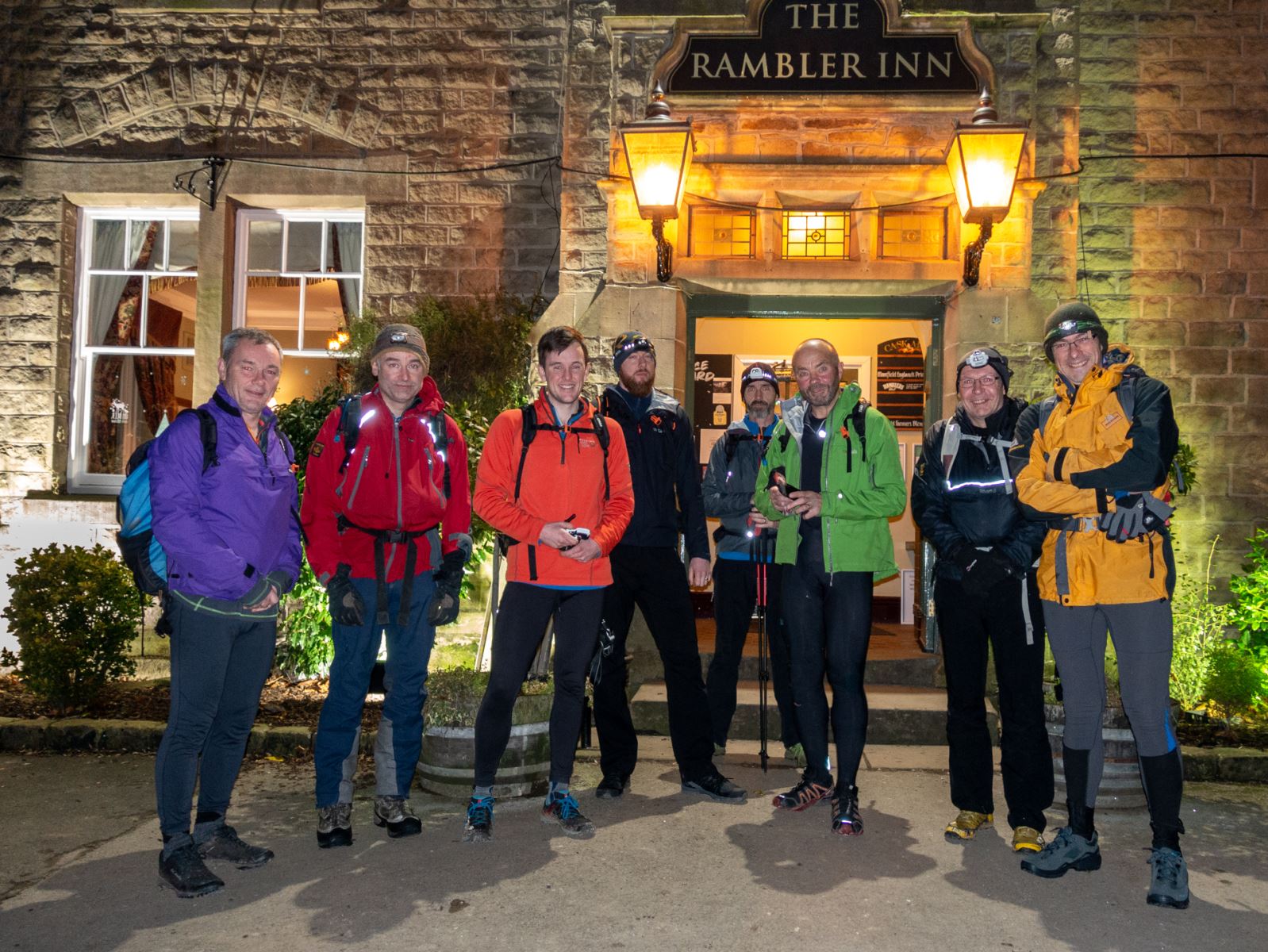If you’re ready to head to the mountains, but you’re not sure the idea of staying in a ‘hut’ sounds very inviting, think again. Imagine a place that’s close to the best hills and crags in the area. A place to get clean and warm after a long day outdoors. To cook, sleep, and chat about the events of the day with people who are into the same adventures as you. Sounds pretty good, right?
What’s It Like To Stay In A Club Hut?
Mountaineering ‘huts’ aren’t really huts at all, they’re usually converted farmhouses or cottages that club members use as a base for long weekends in the mountains. They each have unique characters, like an old miner’s cottage in the Llanberis Pass, Wales, or the Don Whillans hut built into a buttress at the Roaches in the Peak District. Climbing and mountaineering clubs have huts in locations across the UK including the Lake District, Yorkshire, the Peak District, North and Mid Wales and the South West of England. If your club owns a hut, lucky you! It’s likely that many weekend meets will be based there, plus a range of trips elsewhere.
Huts aren’t just a place to stay, they’re a place to socialise. They are communal places, with beds or bunks in dorm type rooms, so you’ll need to bring a sleeping bag or blanket, and possibly a pillow. You can expect to find separate men’s and women’s bathrooms. Depending on the size of the place there might be several rooms to sleep in, and depending on the mix of people attending, rooms might be allocated for men, women, couples, families and/or visitors. Often it’s just down to individuals to grab their preferred space on arrival - this is usually down to the meet organiser to coordinate, so just ask if you’d like to know more.
Huts have a shared living area with a kitchen, a fireplace or heaters, and a sitting and dining area so that club members can cook together and socialise at the end of each day. You’ll need to bear in mind there might not be a shop nearby, and bring your own food and drinks. If cooking is your thing, you might like to get involved in making a meal for the group, or organising a BBQ. This is a big part of keeping costs so low – it’s often as cheap as camping (but less impacted by the weather). Since huts are shared, everyone is responsible for keeping the place clean and tidy, so pitch in with things like tidying and washing up to keep it as you’d like to find it.

Setting off for the night leg on the Double Marsden to Edale. Photo: The Rucksack Club
If you can’t get enough of being outside, you might prefer to camp or stay in your van at the hut while taking advantage of the facilities indoors. That’s usually possible, but do check. Depending on the location, space in and around a hut might be limited, so it’s usually best to book when signing up for the meet. Maybe you’re not sure about the whole idea of the hut, and you’d like to book an AirBnB, guesthouse or hotel instead? You can always stay close to the location and meet up with club members to climb or walk, but you might miss out on some of the social aspects of being in a club, and it will most likely be much more expensive. The meet might also visit a remote location that doesn’t have alternative accommodation - that’s why the huts are such a benefit for members.
Huts are quirky, unique, and excellent value (usually between £5-£15 per night). Some are very modern and full of all the latest gadgets, others are pretty basic. They are all warm and cosy, and offer cheap but quality accommodation so you can have an amazing weekend away without breaking the bank. They also tend to contain information like maps and guidebooks that you can borrow while you’re there to make the most of your visit to the area. Many clubs have their own huts, and BMC affiliated clubs are able to hire out huts from each other, allowing its members to explore more of the UK. So while you’re there you can expect to meet people from your own club, or others.
Ready To Head For The Hills?
.png)
We’re making it easy for you to connect with friendly climbing and walking clubs in your area. Fast friends and fun-filled weekends guaranteed. Take a look at our latest project: Find Your Adventure.
Take the next step
📧 Sign up for our regular Find Your Adventure email
We’ll send you an email every Monday for six weeks, taking you from finding a club, to your first meetup and even weekend away.
Find Your Adventure
📌 Locate a friendly club near you and get started
Can't wait?
Check out the articles in this six-part series:
🥾 It's time to find your adventure
⛰️ Let's find you a club to join
🥾 Your first visit
⛰️ Learning and skills
🥾 Ready to head to the mountains
⛰️ Start your adventure
« Back